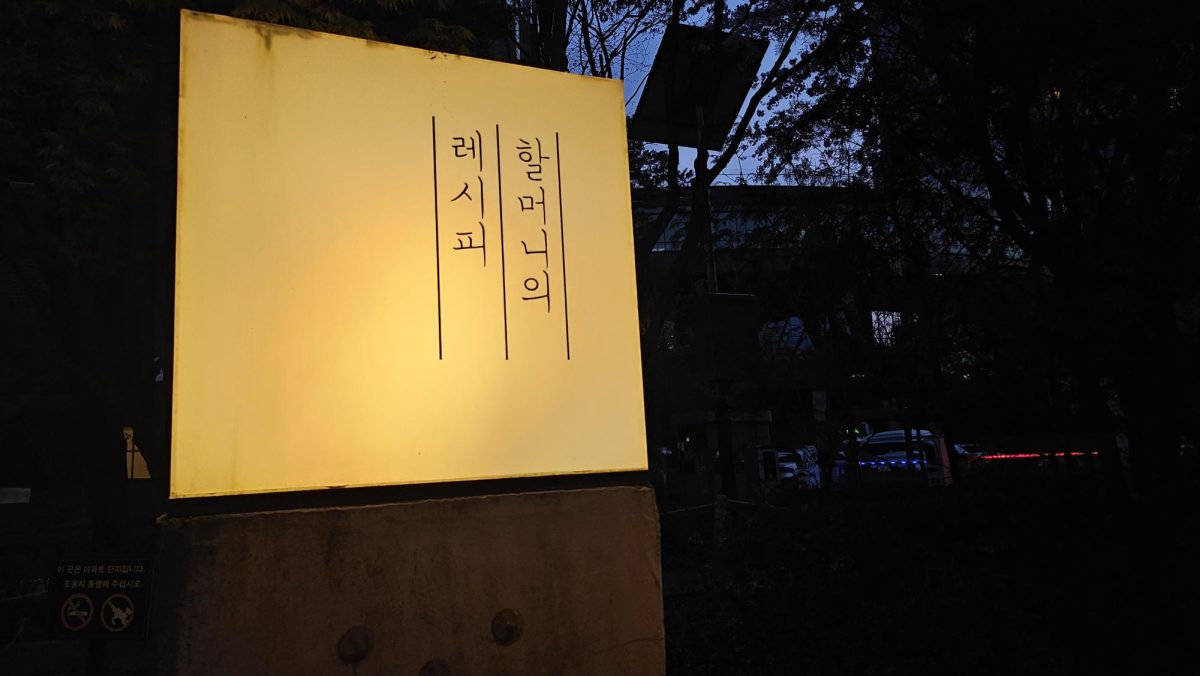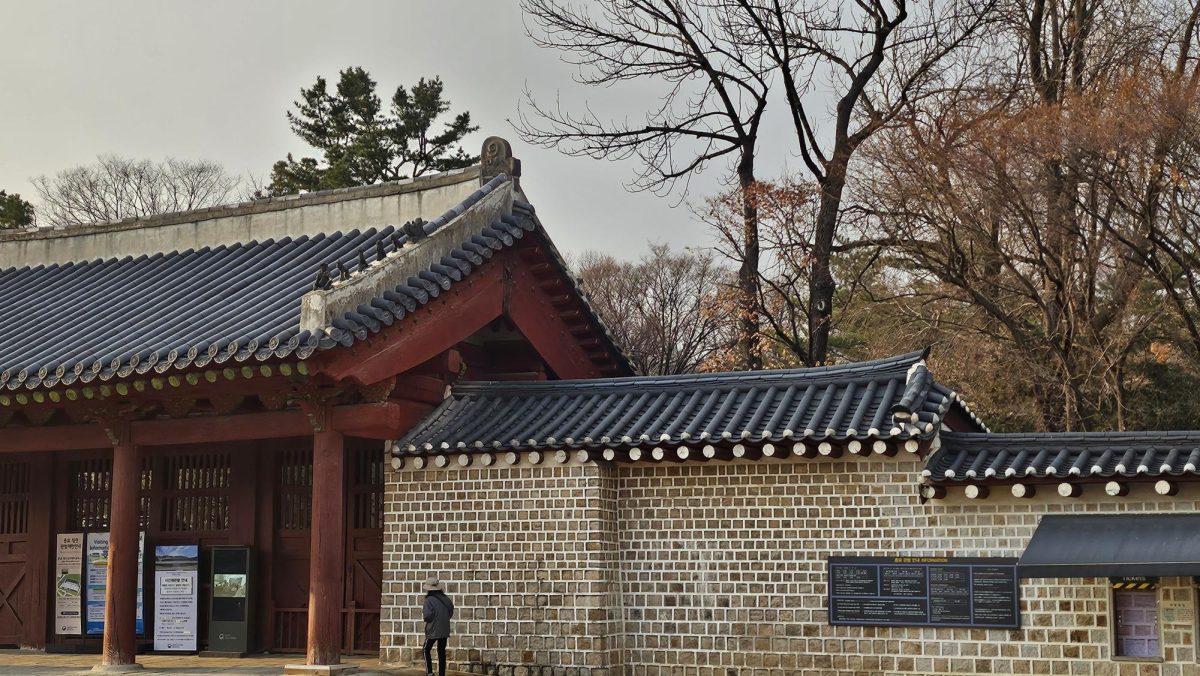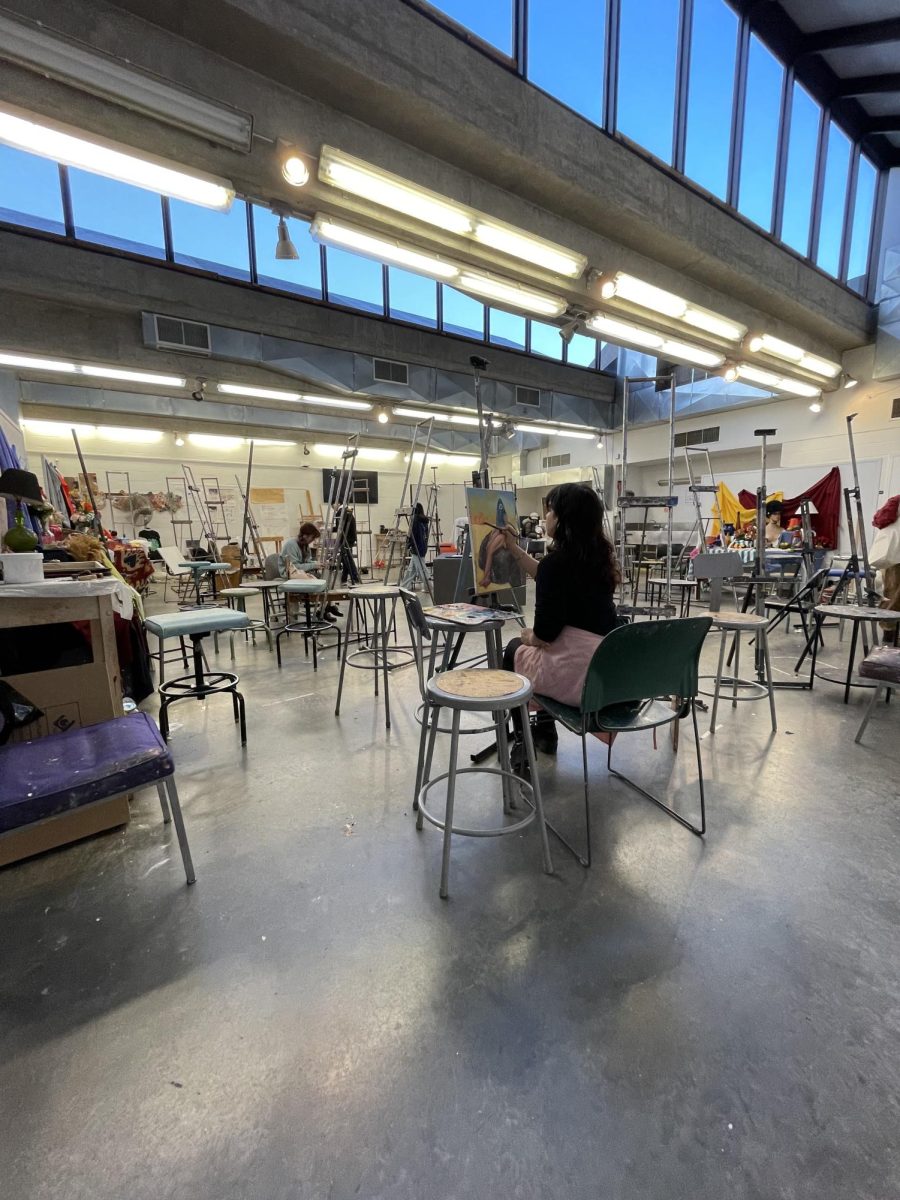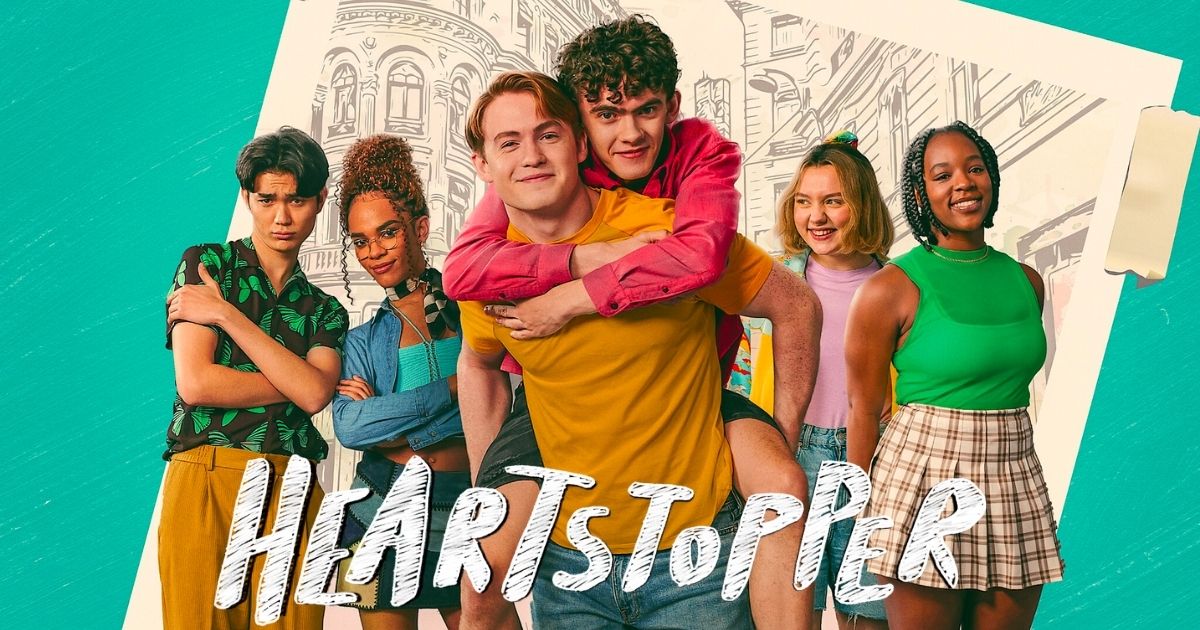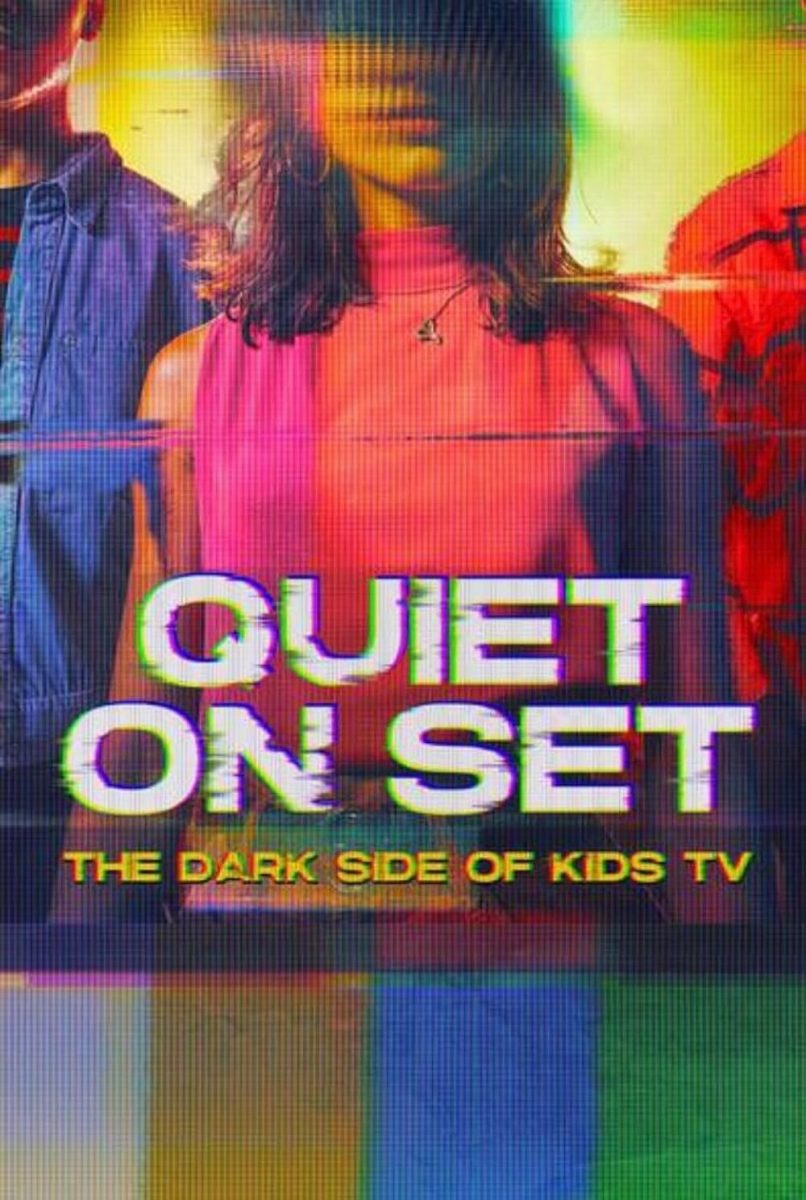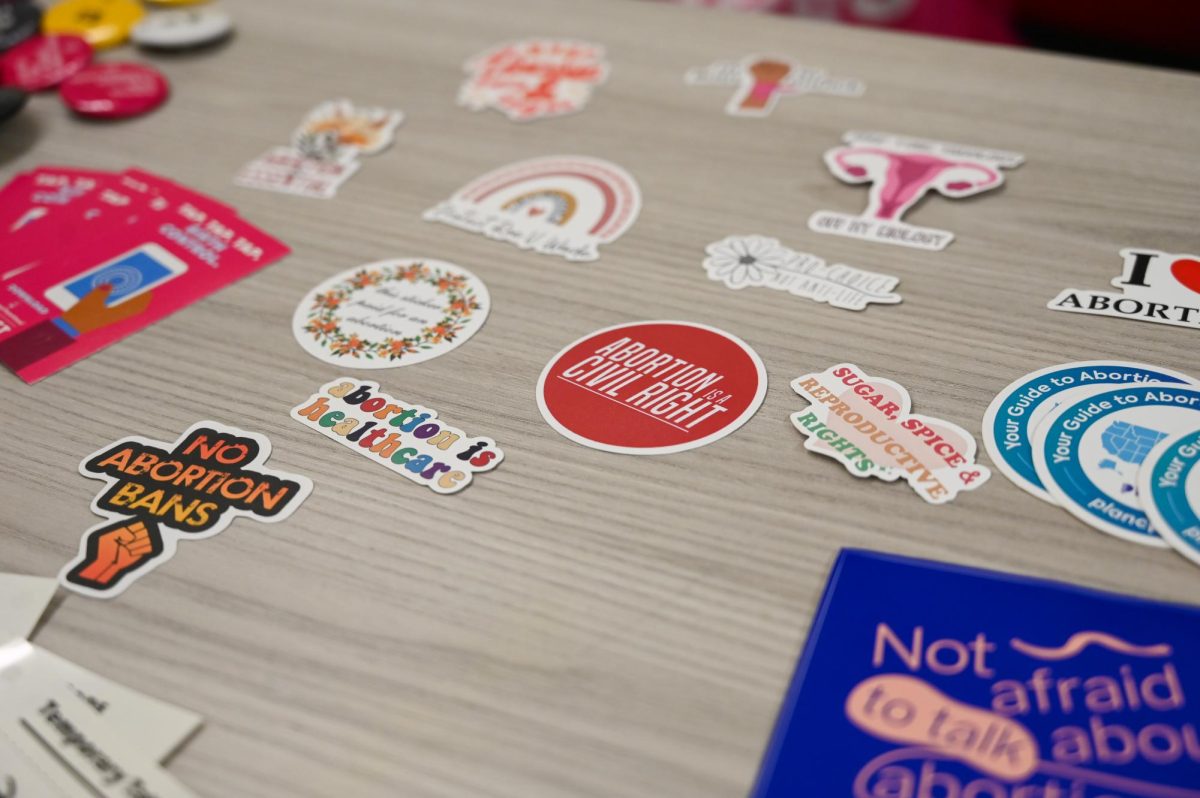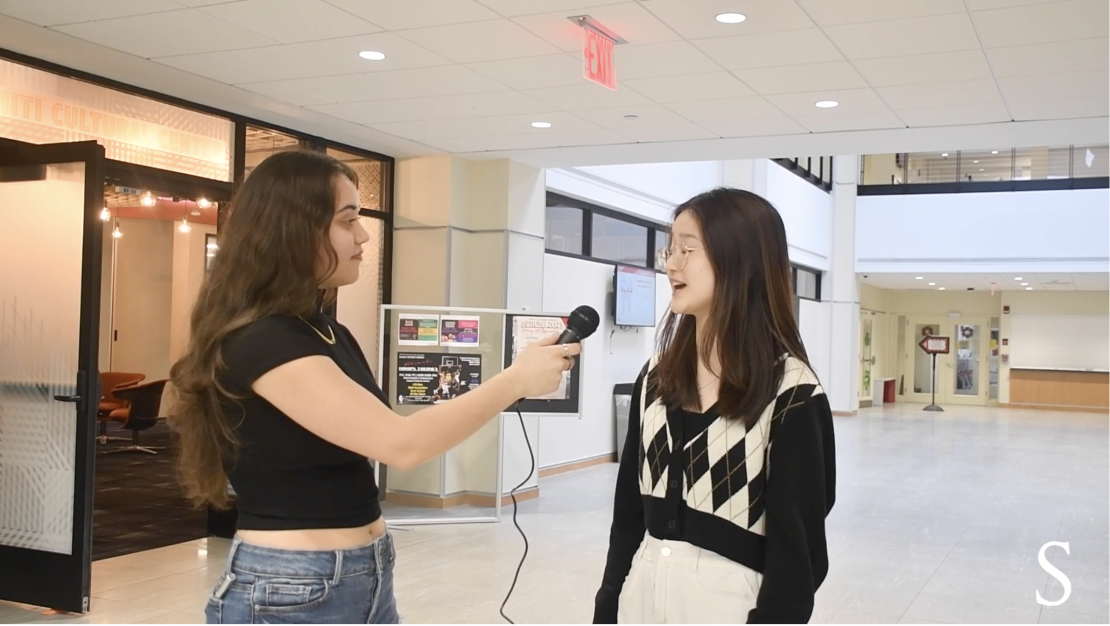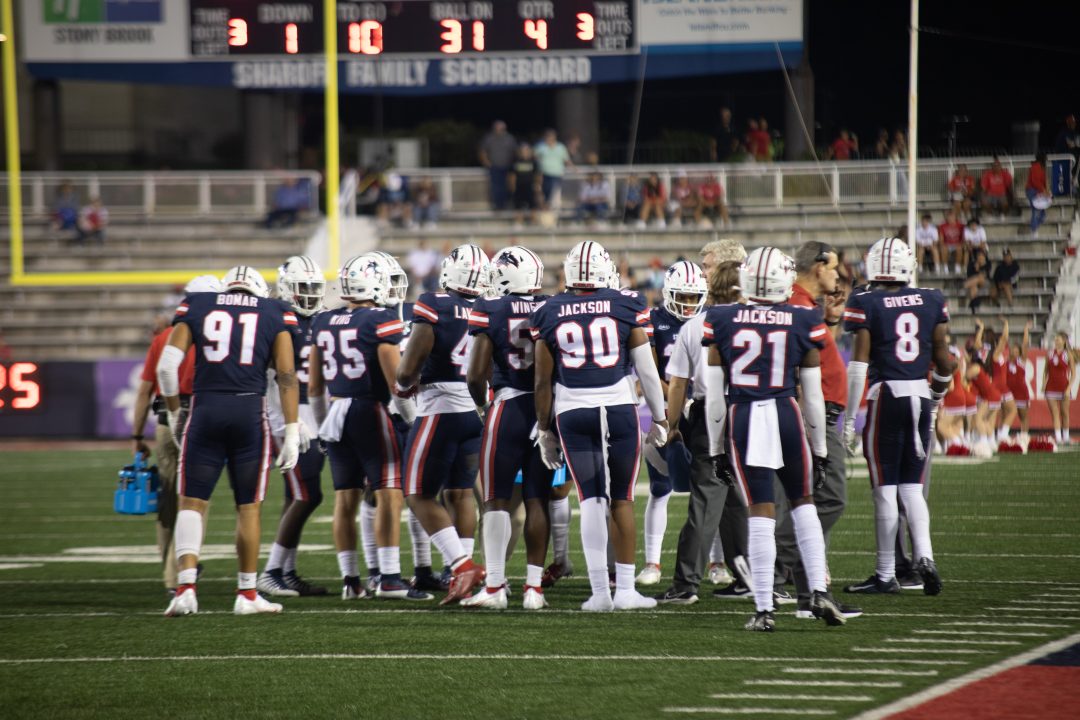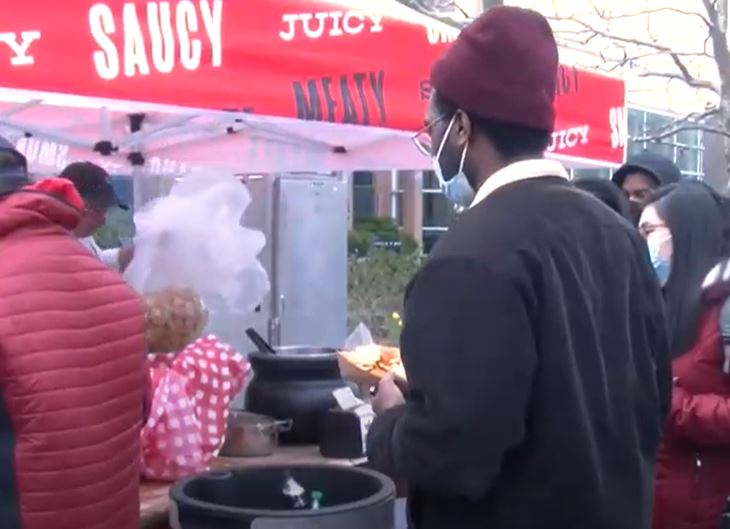
On April 21, Stony Brook University President Maurie McInnis presented a conversation with activist and Me Too movement founder Tarana Burke as a part of the Presidential Lecture Series, and spoke on a variety of topics ranging from the beginning of Burke’s journey toward becoming an activist to current social justice issues. President McInnis presented Burke with an honorary degree of Doctor of Humane Letters.
Burke has been involved in community activism since the late 1980’s, and through her work launching initiatives and creating conversations surrounding a wide range of issues such as racial discrimination, housing inequality, economic justice, and sexual violence, she has garnered widespread admiration. Burke was TIME Magazine’s Person of the Year in 2017 and was awarded the 2019 Sydney Peace Prize among others for her work. She is widely known as the creator of the Me Too movement, which catapulted into fame in 2017.
“The movement you created has significantly influenced the way in which people understand sexual assault. You have helped survivors of sexual assault find their voices, and unleash a powerful wave of change,” President McInnis said.
Burke’s start in community activism began when she was 14 and joined the 21st Century Leadership Movement, whose mission was “essentially just wanting to raise up young people who could pass this knowledge onto and to be grassroots community organizers,” Burke said.
Prompted by questions submitted from Stony Brook University students, Burke spoke about her journey as an activist and shared the origins of the phrase “Me Too,” which made headlines in 2017 when a surge of women used the phrase to align themselves with survivors and subsequently created a platform for survivors of sexual assault to be heard and to provide tools for others to work towards ending sexual violence.
“In some ways, I feel like my whole life was kind of leading up to that moment,” Burke said. She described her early experiences in activism with the Youth Leadership Organization, where she bonded with a young girl named Heaven, who confided in her about the abuse she had been facing. Burke remembers that experience as a monumental moment as, “the words ‘me too’ came from my inability to say them.”
“From her complete vulnerability and trust in me and my inability to return it at that moment, and knowing that it was not right, wishing that I had a little bit of the gumption and trust that she had in me. But the lesson I learned from that moment changed the trajectory of my life,” Burke said.
From then on, Burke worked in many avenues that focused on activism. She described how the support and vision of her colleagues and workers, as well as the stories of survivors who chose to confide in her, pushed her to keep moving forward.
Although ‘me too’ was created by Burke in 2006, it took a while before the media storm turned the phrase into a global phenomenon. Before 2017, Burke’s organization ‘Just Be’ was comprised of local grassroots work searching for support.
“Before 2017, we received probably less than $20,000 in funding total for this work because of the way we approached doing work around sexual violence,” Burke said.
She found that during that time, speaking about empathy and trauma and creating a space for healing was not a wildly popular idea for an organization. Searching for resources to create her vision proved to be challenging over the years, but she credits those close to the work for the strength to continue with that vision.
“I come from a very close-knit organizing space and community of organizers who I leaned on and learned from, who helped shape and mold me into who I am today,” she said.
Burke urged students to seek platforms such as Act Too, which was created as a second phase of Me Too, a crowd-sourced utility with the mission to encourage people to think deeply about their behavior and work towards ending sexual violence.
“Everyone has something they can contribute to dismantling and interrupting sexual violence,” she said. “Beyond getting training, donating, volunteering, there are books you can read, there is training you can take online, there are podcasts you can listen to, we really need an informed society around sexual violence.”
Burke also emphasized the importance of allyship and what students can do to become proactive. She suggested they become involved by first looking into the closest resources available to them.
“I am a firm believer in being a joiner. I believe in the power of organization and the power of people working collectively,” Burke said. She explained that young people, especially those on college campuses, have ample opportunity to collaborate and help foster the missions that already exist around them.
Students in the audience also asked what could be done to further the movement on a personal level, to which Burke advised that one of the easiest ways to support the cause is to get informed.
“Everyone has something they can contribute to dismantling and interrupting sexual violence. Beyond getting training, donating, volunteering, there are books you can read, there is training you can take online, there are podcasts you can listen to, we really need an informed society around sexual violence,” Burke said.
Burke announced that she is in the process of releasing a new book alongside author Brené Brown, titled “You Are Your Best Thing: Vulnerability, Shame, Resilience, and The Black Experience.”
“Because we live from moment to moment people are always looking for something next, movements are consistent,” she said. “We have had programs we’ve been running consistently, we introduced Act Too last year, we introduced the survivor’s agenda last year, the survivor’s summit last year. There isn’t a big, shiny big bang next, there’s just a [continuation], and I encourage you all to keep up with what’s happening so you can see there’s always a next.”











